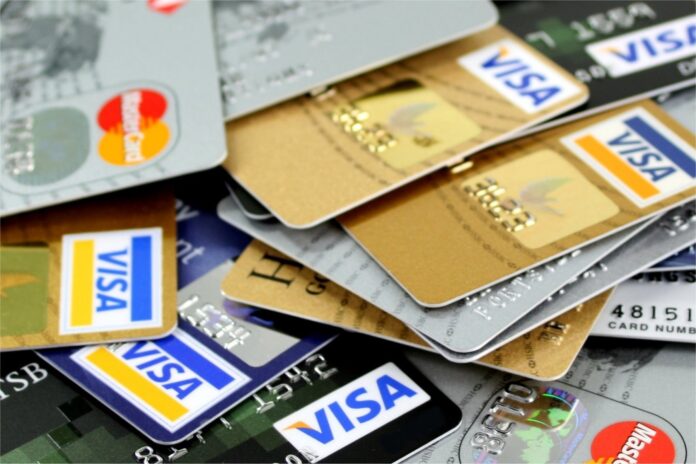The Biden administration wants to protect the public from “predatory credit cards.” He is also trying to fight the inflation he created through reckless spending and borrowing by demanding companies earn lower profits. It is dangerous to allow the government to decide what qualifies as predatory or what rate of profit or interest is enough for private companies. Price controls always result in shortages, loss of income, and lower standards of living for the majority of the population. If you need proof, look at Cuba, Venezuela, North Korea, or the old Soviet Union.
This administration claims to have “forgiven” $1.2 billion in student loan debt. But the debt has not been forgiven; it will just be paid by people other than the borrowers, the taxpayers. Paying this debt incentivizes more reckless borrowing to fund majors that do not translate to a job. The government paying for student loans removes the supply and demand factor from university tuition prices, which will continue to rise. Other than the Covid lockdowns, this is about the most destructive economic policy of the Biden White House.
An administration with so little grasp on how the economy works should not be making decisions about credit cards.
Biden is right that poor people pay higher rates for credit. The annual effective rates for payday loans are 15% to 30%, title loans 300%, rent-to-own furniture up to 60%, high-risk credit cards over 24%, pawn shops 20% to 24%, credit card cash advance 17.99% to 29.99%, and cash advance apps up to 28%.
One way that consumers, in a free country, can avoid these high interest rates is by not borrowing—a solution that requires no legislation or government regulation. The fact that people agree to borrow at such high rates suggests that they truly need the credit. And if a lower-rate option were available elsewhere, they would likely take it. Ostensibly, there is no cheaper option for them. Therefore, if these sources of credit were driven out of business by government price controls, poor people would have no access to credit.
When Biden describes lenders as “predators,” he is wrong. There is no such thing as predatory lending. People with low credit ratings pay higher rates because of the high probability that they will default. The credit cards that are sent to poor people and students, unsolicited, have high interest rates attached to them because the target audience has no credit, poor credit, or so much debt that other issuers will not lend them more money.
Biden claims that by capping the credit card late fee at $8, he has somehow added $10 billion to the economy. He is most likely under the misapprehension that by capping the fee, he is enabling people to spend the difference. His error, however, is that whether the money goes to the credit card company or stays with the cardholder, it will be spent in the economy. However, if it is paid to the credit card company, they will have even more money to loan out, which will have a multiplier effect in the economy.
Similar to the rationale about high interest rates, people can avoid the high late fee by paying their bills on time. And this solution would require no legislation or regulation.
No one likes paying fees. However, fees help keep prices down. With the late fee capped at $8, the additional money the bank would have earned on late fees will now be added to the service fees for all bank customers, even those who pay their bills on time.
Biden keeps talking about wanting to pass legislation prohibiting nuisance airline fees. But if the government made a law tomorrow that airlines could no longer charge $50 for luggage, ticket prices would go up by $50. However, with the current system, some people can avoid the $50 fee by not checking luggage. If airlines were prohibited from charging different passengers different prices, then everyone would wind up paying the additional $50 in their ticket price, even those without checked baggage.
The term “price discrimination” has a negative connotation in common parlance, but actually, it is the fairest and most efficient way to price anything, including credit. Examples would be toll roads charging more during rush hour or movie theaters charging more on Saturday night than on Wednesday afternoon. Those who are willing to pay the higher price for the prime time can do so, while people who want to save money can use these services during unpopular times.
The same is true for credit. The banks must be free to determine who is and is not creditworthy and to calculate what amount of interest or fees they would require in order to lend to that individual. And the customer is free to decide where or if to borrow based on their willingness to pay the price demanded. This is the essence of a capitalist system: that there are numerous buyers and sellers, and each is free to agree or disagree to accept the deal.
If the government limited the interest rates and fees that credit cards and other lenders could charge, then poor people would not be able to obtain credit.
Just like the order kiosks that replaced workers in municipalities with a $17 minimum wage, this is one more example of the socialists hurting the very people they were allegedly trying to help.
Credit: Source link

















